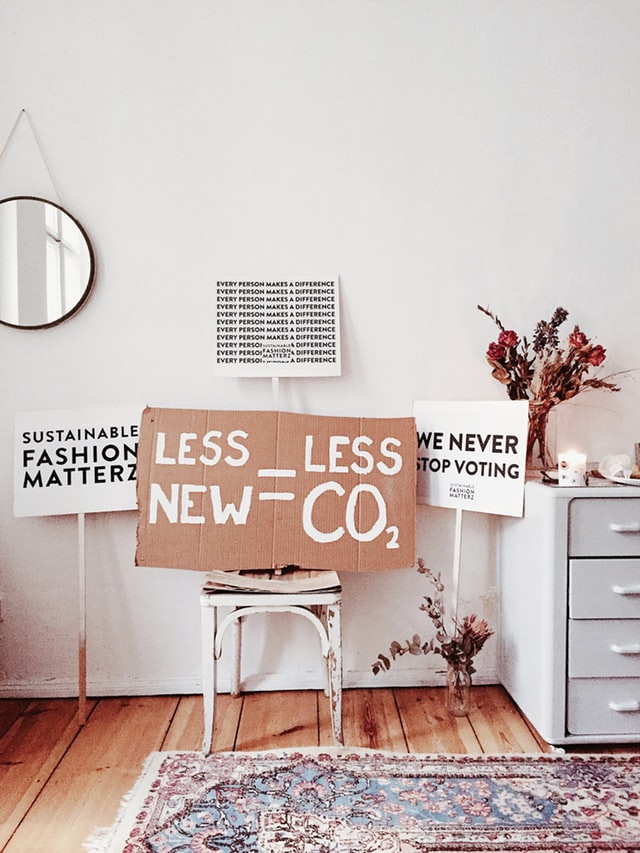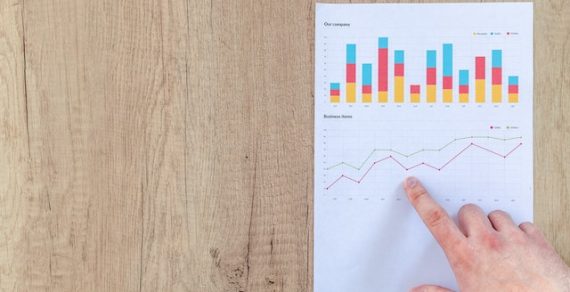One of the most daunting crises that the world is experiencing is global waste pollution. It adversely affects the environment, threatens public health, and poses imminent catastrophic toxicity around the world. A major contributor to this crisis is the packaging waste for all the different consumer products. With increasing awareness of this problem and the ever-growing public concern for environmental pollution, customers worldwide are shifting towards a greener lifestyle that includes consuming more sustainable packaging and eco-friendlier goods.
Addressing these customer needs and the corresponding change in government policies, many start-up companies are racing to grab customers’ attention by introducing their products in sustainable packaging materials. This article will outlay some of the most sustainable and affordable packaging solutions that start-up companies can opt for. They are widely used to manufacture a wide range of products, including small metal containers, glass bottles, glass jars, aluminum custom tins, cardboard boxes, and more.
Before we dive into the details of sustainable packaging materials, we need to understand what sustainable packaging is? Sustainable packaging is simply packaging material that is sustainable from its raw material to its manufacturing; sustainable packaging also encompasses the processes through which these eco-friendly packaging materials are produced and vouch for greener energy methods for its production. In other words, using a packaging material with a minimal environmental footprint, and in the best-case scenario – zero environmental footprints can be labeled as sustainable packaging. Below are some of the sustainable packaging solutions that companies can opt for.

Aluminum: When it comes to sustainable packaging, aluminum is one of the best materials that can be utilized to replace traditional packaging materials. It is available abundantly in nature and is 100 percent recyclable. It may sound too good to be true, but aluminum can be recycled repeatedly without any degradation in its quality or integrity, making it an actual circular material. Aluminum is at the top of the recycling chain as it is one of the easiest and most efficient materials to recycle. It takes only about 5% to 7% of the primary production energy to recycle aluminum. Recycling aluminum saves tons of pollutants from mixing into the atmosphere and cuts the overall carbon footprint of the packaging industry; this also saves capital for companies as we head into an era where authorities will price carbon emission.
Aluminum is a lightweight, durable, and strong material, making it a favorite choice amongst companies to use as a packaging material. Some of the most common application includes small metal containers and custom tins to store food and drinks. The non-porous and opaque character of aluminum acts as a barrier against moisture, air, and UV light. This helps to extend the life and preserve the quality of food items stored inside it.
Many companies are adopting sustainable packaging to show their commitment to saving mother nature. Switching to aluminum will help your company attract new customers who feel fulfillment by choosing sustainable packaging over harmful packaging materials. This will bring added value to your product and generate more revenue in your business. Furthermore, with this change towards a greener business model, you will contribute to a cleaner atmosphere by cutting your share of carbon emissions produced to make traditional packaging materials.
Glass: Glass is also one of many sustainable, recyclable, and eco-friendly packaging materials that can be used to replace traditional packaging material. It is mainly used to make glass bottles and containers to store beverages, solid food, and cosmetics. Glass is also leakproof and airtight, thus acting as a barrier against bacteria and air moisture. This ensures the quality of the stored product and keeps it fresh for a more extended period of time. Glass is also widely available and recyclable, making it an excellent option for green packaging. Its abundant supply means companies do not have to worry about supply disruptions. These qualities make glass one of the most favorable packaging materials for the food and cosmetics industries.
Owing to the premium feel and elegant looks that glass packaging provides to goods, many brands use it for their luxury products. The best example to describe this experience is considering the perfume glass bottles that come in different shapes and stylish designs to grab customer attention. This feature gives glass an extra edge over other packaging materials; however, there is a downside to glass – it is very fragile and needs to be handled with extreme care. Minor impacts during transportation or sales can cause the product to break, and therefore this is seen as an additional cost.
Cardboard: Cardboard is one of the most used packaging materials; you must have seen it attached to almost any product you buy in bulk quantity. It is an essential part of the packaging industry. In addition to the conventional virgin cardboard, now companies can also benefit from recycled cardboard material. Cardboards are one of the most recyclable materials compared, which helps reduce carbon emissions. Cardboard is a handy sustainable material, but it cannot sustain the extensive wear and tear during transportation; products might also get compromised if cardboard packaging gets wet.
Based on the needs of a product, companies can opt for one of the above-mentioned sustainable packaging solutions. However, it is safe to say that aluminum is the only material that ticks mark most of the sustainable packaging demands and is the best choice for packaging material.




